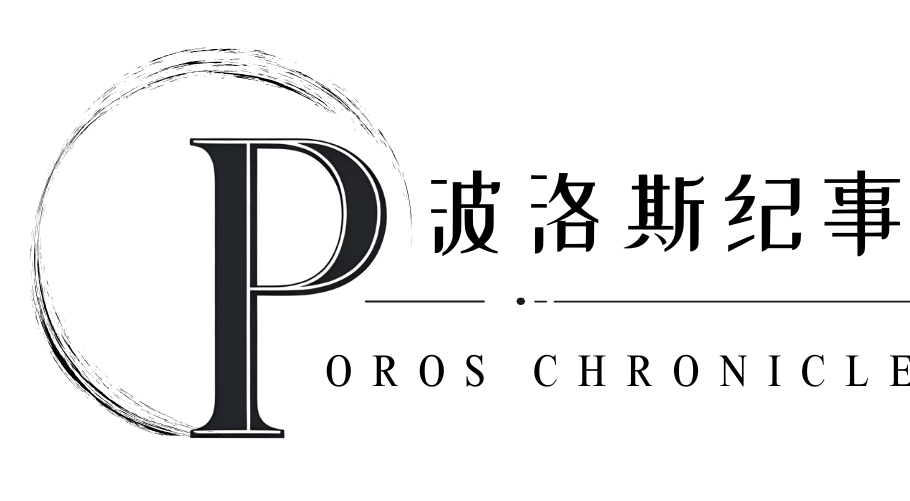The U.S. House Select Committee on the Chinese Communist Party recently sent a letter to Columbia University, calling on the institution to halt a student exchange program linked to China. The publication of the letter has drawn attention both within the campus community and across the broader higher-education sector. The move is viewed as another example of Congress intensifying scrutiny of U.S.–China educational cooperation, underscoring once again the tension universities face between their global engagement missions and mounting political pressures.
According to reporting by Columbia University’s campus newspaper, Columbia Spectator, the Select Committee stated in the letter dated November 13 that a China visit being organized by the student group Greater China Initiative—scheduled for early 2026—has “potential ties to the Chinese government or its affiliated entities.” The committee warned that the program could “expose American students to ideological and national security risks,” urging the university to reassess, or even terminate, any cooperation with the Chinese entities involved. The letter did not identify these entities by name nor provide further evidence, but its language is consistent with the concerns Congress has raised in recent years regarding U.S. universities’ partnerships with Chinese counterparts.
In response to inquiries from campus media, Columbia University said it is reviewing the matter and will “make a determination that ensures student safety while upholding academic freedom.” The statement reflects the cautious approach many U.S. universities now take toward China-related programs: they must respond to political scrutiny while avoiding the appearance that academic decisions are being shaped by political intervention.
Reactions within the Columbia community have been mixed. A student involved in organizing the China trip argued that the committee’s characterization misrepresents the program’s nature, noting that the visit is intended to promote cultural understanding rather than political engagement. “Labeling every China-related activity as a risk not only underestimates students’ ability to exercise judgment but also restricts the space universities need to pursue global education,” the student said.
At the same time, some faculty argue that U.S. universities do need to exercise greater caution given the current geopolitical context, especially in politically sensitive regions. One public policy scholar commented, “Improving transparency is not necessarily a bad thing; the key is whether the process respects the governance structure of universities.”
The scrutiny surrounding China-related academic and student programs is not new. In recent years, the U.S. government has stepped up monitoring of universities’ collaborations with Chinese institutions, including background checks on visiting scholars, disclosure of foreign funding in research grants, and the restructuring or closure of once-widespread Confucius Institutes. For many universities, the challenge is how to remain engaged globally while satisfying increasingly demanding compliance requirements.
Higher-education administrators worry that if political pressure continues to grow, universities may preemptively avoid partnerships involving China—even when such programs pose no clear national-security concerns. Several administrators overseeing international education noted that many U.S. universities have grown significantly more cautious over the past year when reviewing programs involving travel to China, including reassessing partner organizations and strengthening risk-assessment procedures. Still, they stress that treating international exchange as a threat risks depriving students of opportunities for cross-cultural learning.
Observers of U.S.–China relations believe that the symbolic significance of the letter may outweigh its immediate practical impact. Columbia may still choose to proceed with the program, but congressional attention signals that other universities could face similar scrutiny. “Higher-education institutions are caught in a tight space,” said one scholar specializing in academic diplomacy. “International exchange is meant to broaden knowledge and perspective, yet it is increasingly drawn into the framework of geopolitical competition.”
As of now, Columbia University has not issued any further statement regarding whether the program will be altered or suspended. The Select Committee has also not detailed what steps it plans to take next. As the situation evolves, how U.S. universities maintain an open academic environment while navigating external political pressures remains a central concern for the higher-education community. For many institutions, the letter serves not only as a review but also as a reminder that the policy landscape surrounding U.S.–China educational exchange is shifting quickly—and that decisions made on campus are increasingly interpreted within a broader political context.
References
United States House Select Committee on the Chinese Communist Party. (2025, November 6). Letter to Columbia University regarding Chinese Communist Party-linked funding and the China–United States Exchange Foundation (CUSEF). https://selectcommitteeontheccp.house.gov/media/letters/letter-to-columbia-university-regarding-chinese-communist-party-linked-funding-and-the-china-united-states-exchange-foundation-cusef
Columbia Spectator. (2025, November 13). House Select Committee on the Chinese Communist Party calls on Columbia to discontinue exchange programs tied to the CCP. https://www.columbiaspectator.com/news/2025/11/13/house-committee-on-the-chinese-communist-party-calls-on-columbia-to-discontinue-exchange-programs-tied-to-the-ccp/
